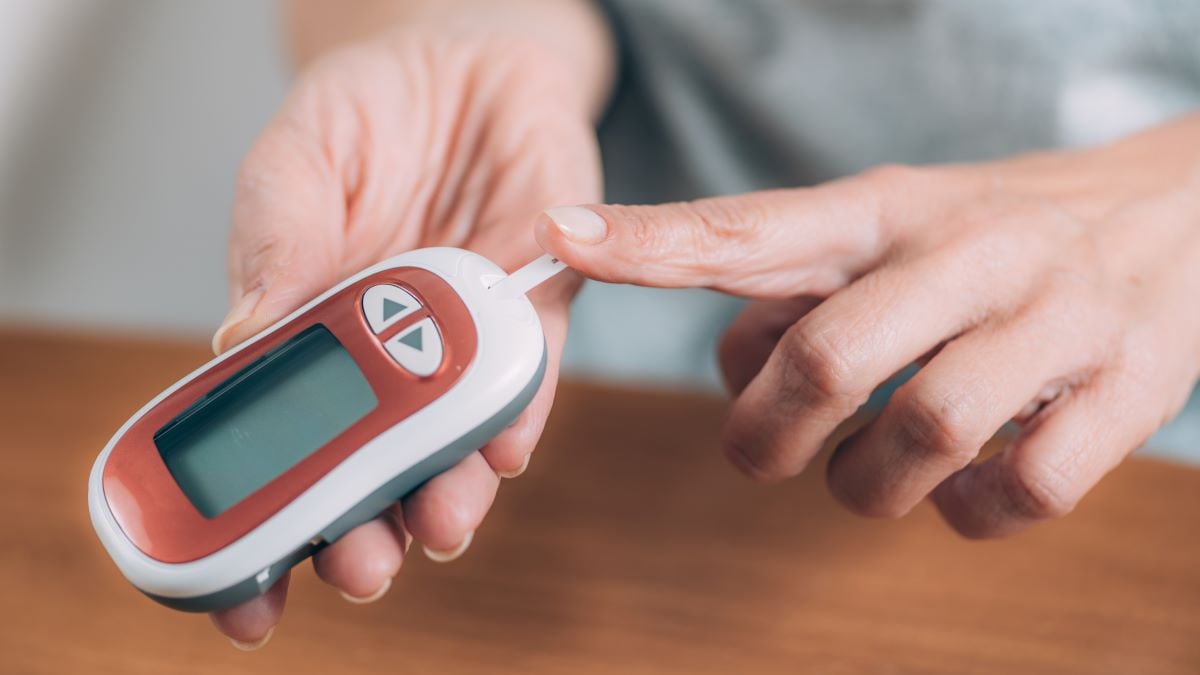
High levels of fluoride in drinking water may dim the intelligence of children, a new U.S. government report shows. Based on an analysis of published research, the potentially controversial report marks the first time a federal agency has determined there is a link between drinking twice the recommended amount of fluoride and lower IQs in… read on > read on >


















